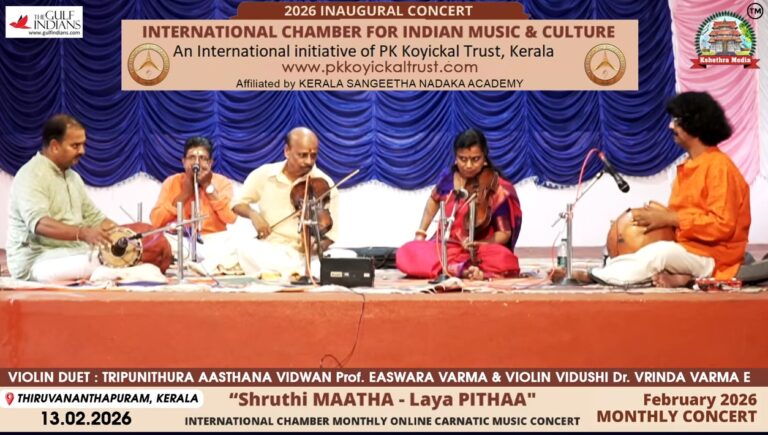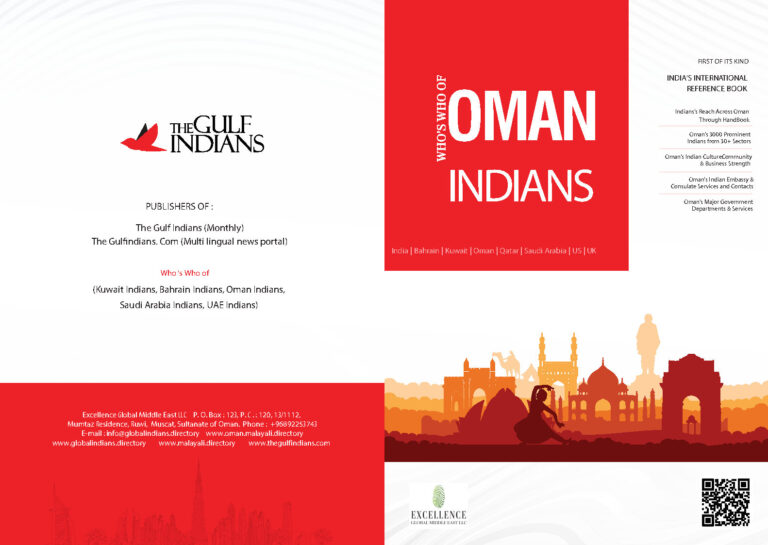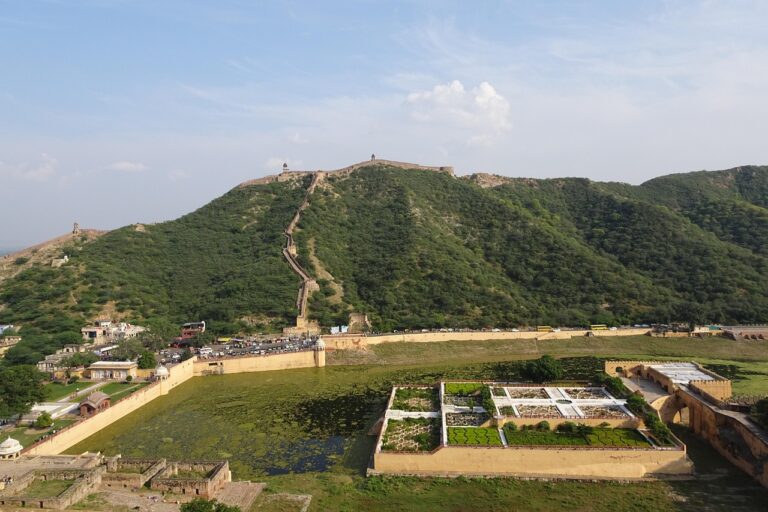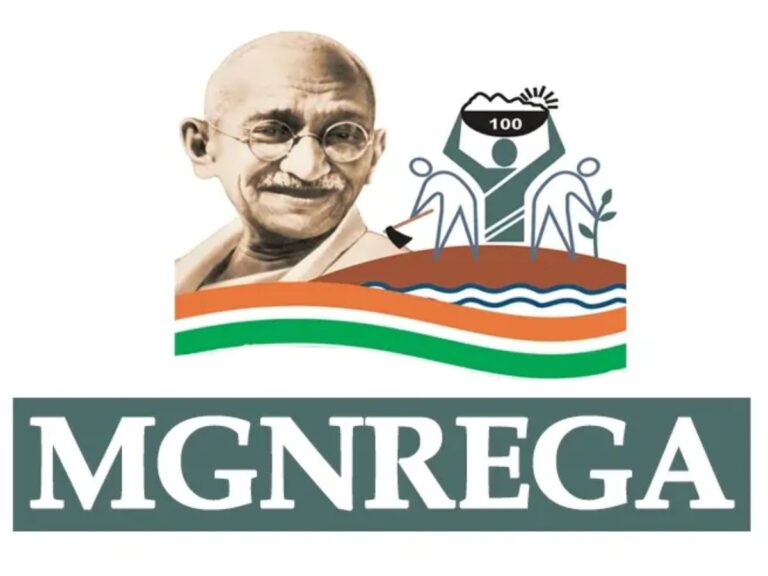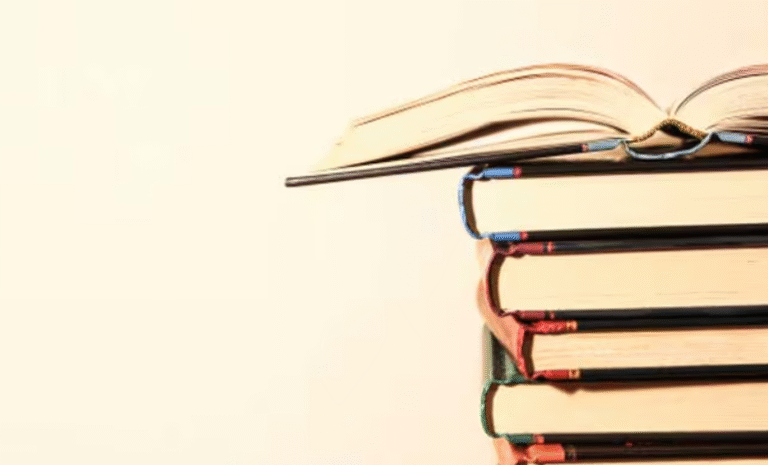ROSHIN GEORGE
The tragic fate of the Air India Express flight on a repatriation mission from Dubai to Kozhikode on the rainy night of August 7 has shocked Indians abroad as well as in the country. Of the 190 passengers and crew, it left 18 dead and numerous injured.
What was heartening was the speed and selfless dedication of the people from surrounding Kozhikode and Malappuram regions in carrying out rescue missions along with airport and security personnel. Although Karipur Airport is alternatively known as Calicut Airport, it is situated in Malappuram district.
Now Air India Express has come out with a tweet to thank the people of Malappuram who took the injured in their own vehicles to hospitals and queued up in large numbers at blood banks in the dead of the night unmindful of the incessant downpour.
Under the hashtag Express Gratitude, it wrote a heartfelt thank you on Twitter: “Taking a bow to Humanity. A standing ovation from our hearts to the people of Malappuram, Kerala, who had showered us with kindness and humanity during the uncertain incident. We owe you a lot!”
In a box tweet, the national low-cost carrier further accentuated its heartfelt feelings: “It takes not just courage, but a touch of humanity to save a life. We at Air India Express, take a bow to the people of Malappuram who have risked their own lives to save many. We owe you!”
Although initially there were scepticism about involving locals and social media posts reminded people “not to get involved as the accident involved not a car or a bus, but an aircraft,”, the insufficiency in staff numbers and the urgency of the moment made authorities rope them into the rescue mission.
An Air India staffer at the airport, who hails from southern Kerala, told this correspondent about the eagerness with which they participated in the rescue efforts unmindful of COVID-19 fears. At the hospitals, they left their phone numbers behind and promised to go on quarantine if any of the victims they carried to hospitals were found to be COVID-positive. One of the dead passengers had been found to be COVID-positive the next day.
Recalling the fateful night, she said: “The aircraft touched down at 7.41 pm, crash-landing in fact. It was pouring cats and dogs but the people rushed in offering help. Though the police tried to dissuade them initially, they soon pushed open the gates near the accident site. None of them were trained in rescue operations. There is a protocol for rescue operations – the site has to be cordoned off, when you rescue passengers from the debris you have to check if the head or neck is injured, they have to be laid down properly; if there’s a neck injury, a collar has to be provided. They should have a tag before they are sent to hospitals. We go by these international standards. But since the ambulance vehicles had not reached, the local people took them even in their Ape pickups and tipper lorries. By 10 pm, the rescue operations were over.”
It was a Herculean task, she remembers, but they did it happily. “When it comes to helping people, there are no boundaries for them.”
She doesn’t have enough words to describe the goodness of the North Kerala natives. In the 20 years that she has lived in the district, she has felt at home like no other. While Hindu acquaintances bring her payasam for Vishu and Onam, Muslim friends invite her home for feasts on their festival days.
“They will pluck their hearts and give it if necessary, uska dil bahut bada hai,” she vouches about the large-heartedness of a populace who have been much maligned in recent times over the death of a pregnant elephant in Palakkad district.
The fake news factory in social media will hopefully leave them in peace for a while.



